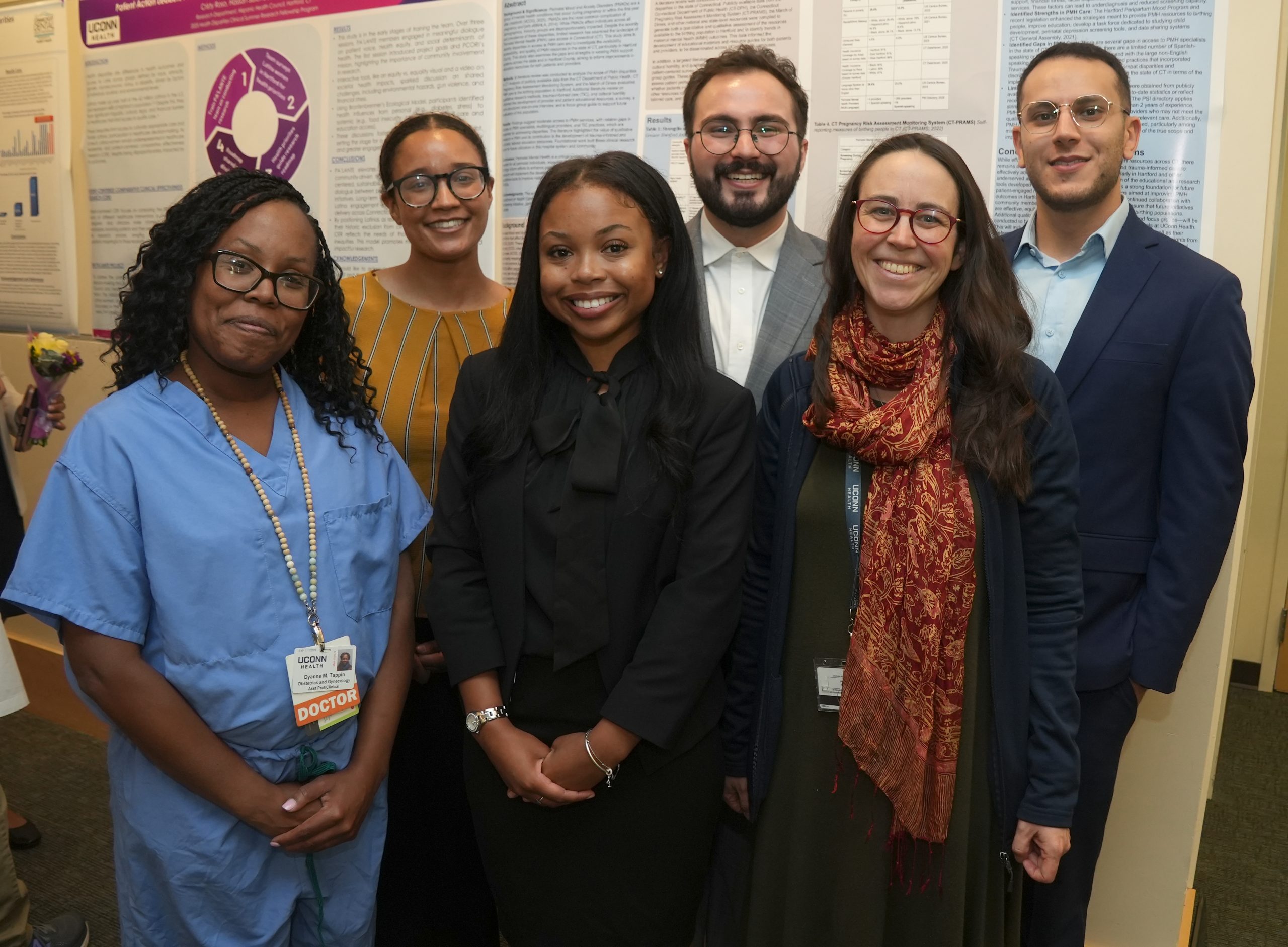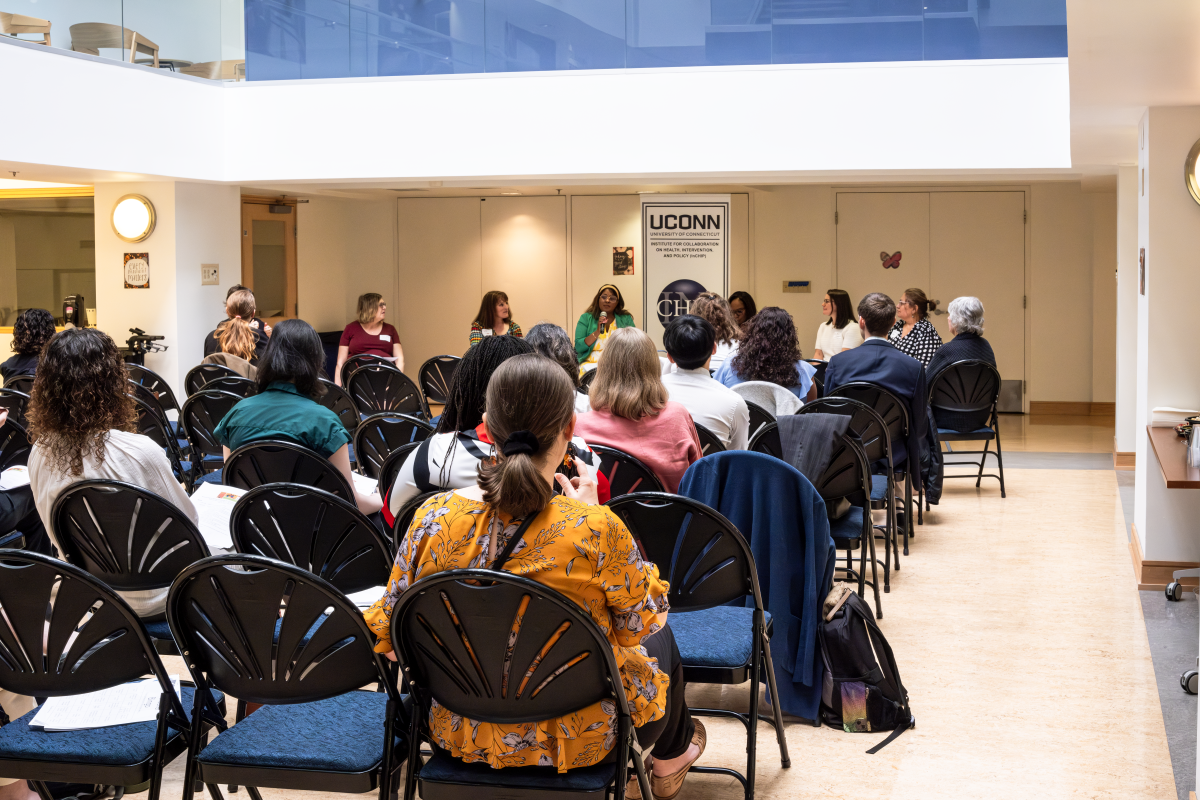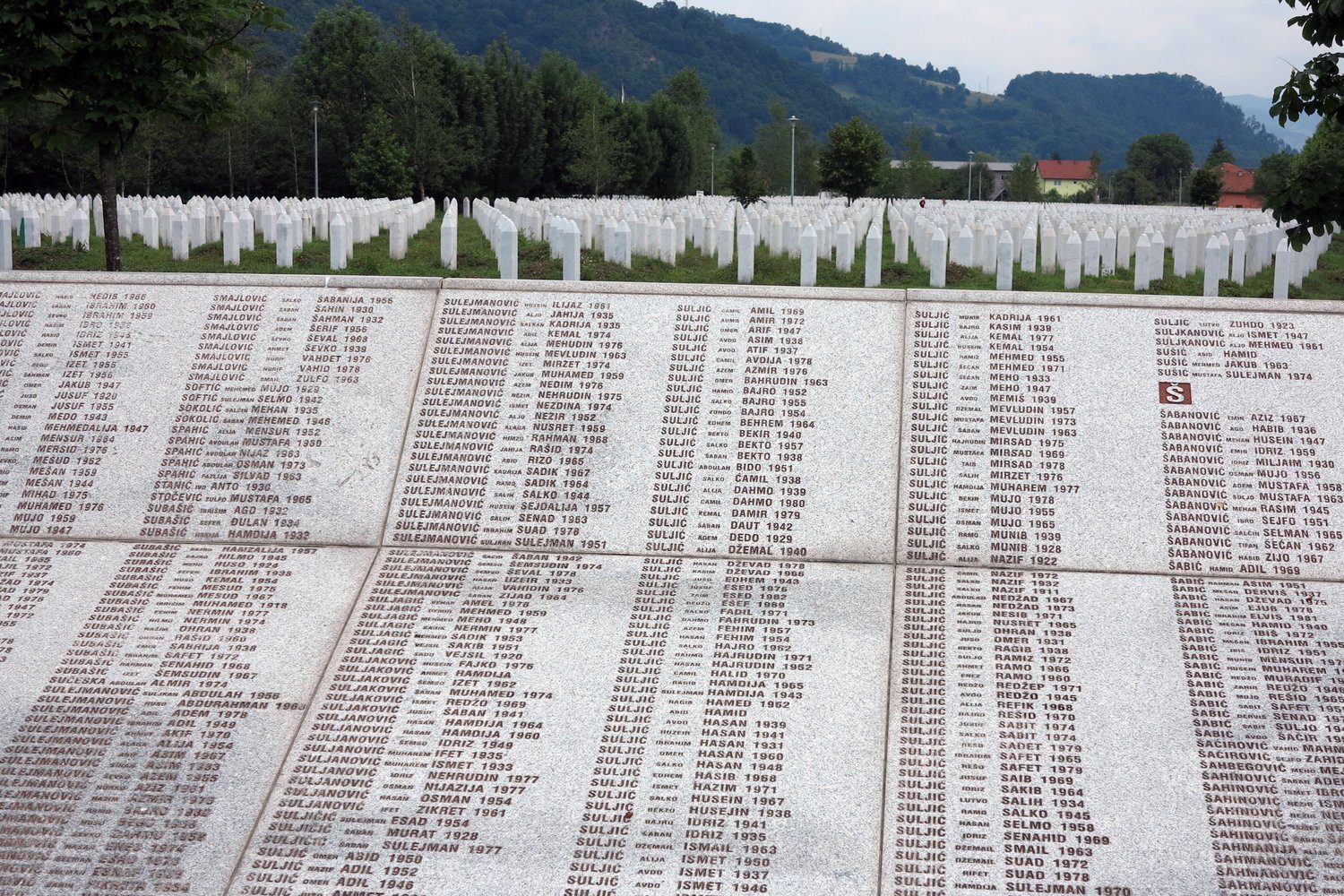Immersive Quantum Computing Workshop Gets Microscopic
What do qubits, parallelism, entanglement, photonics and decoherence have in common?
The answer to this question, and many more, will be top of mind when UConn’s College of Engineering (CoE) hosts a two-day Quantum Computing (QC) Workshop, November 20-21 at UConn Health in Farmington. The workshop will feature hands-on learning about quantum computing fundamentals, algorithms, security impacts, communications and applications.
This interactive event is being coordinated by UConn’s Center for Advanced Engineering Education and the School of Computing, in collaboration with QuantumCT, UConn Technology Commercialization Services, and the Connecticut Advanced Computing Center. It is open to the public, including industry leaders, engineering organizations, faculty, state government, and anyone interested in the field.
“Our faculty leaders are laying the foundation of quantum research,” said CoE Dean JC Zhao. “Through their expertise and mastery, this event will equip participants with the knowledge to harness quantum mechanics for solving complex engineering challenges and driving innovation.”
Sanguthevar Rajasekaran, director of UConn’s School of Computing, says quantum computing offers the potential of speeding up computations by an exponential factor and can make a huge impact on every walk of life.
“Quantum computing exploits the unique features of quantum mechanics to solve problems quickly and more efficiently than traditional computing,” he explains. “QC applications are far and wide, embracing medicine, manufacturing, drug design, climate modeling and much more. The impact of this rapidly evolving technology appears limitless and can provide significant benefits for industry, science, health care, and society at large.”
According to Nora Sutton, Director of the Center for Advanced Engineering Education, workshop activities will include interactions with industry and academic experts, comprehensive exploration of quantum computing, and networking opportunities with peers and industry leaders.
“We’re very excited about this workshop, which is designed to immerse participants in the cutting-edge world of quantum technology,” says Sutton. “These real-world applications will help participants uncover the revolutionary, transformative potential in AI, cybersecurity, health care, and more. UConn and CoE are on the forefront of quantum learning, and working to become an educational leader in this important, dynamic field.”
Quantum mechanics is the area of physics that studies the behavior of particles at a microscopic level. At subatomic levels, the equations that describe how particles behave is different from those that describe the macroscopic world. Quantum computing is a multidisciplinary field comprising aspects of computer science, physics, and mathematics that utilizes quantum mechanics to solve complex problems faster than on classical computers.
Quantum computers take advantage of these behaviors to perform computations in a completely new way. The field includes hardware research and application development. Potential benefits include advanced machine learning, portfolio optimization in finance, simulation of chemical systems, significant healthcare applications and solving problems currently impossible even using powerful supercomputers.
Visit the UConn Engineering site for more information or to register.
Latest UConn Today
- Incoming UConn Medical Students Get Hands-On Summer Research ExperienceFor the first time the Health Career Opportunities Program of UConn Health offered matriculating UConn medical students summer research opportunities.
- Partnering with Communities to Improve HealthInCHIP’s Community Engagement Research Core’s latest networking event offers insights for successful community research partnerships
- Study Highlights Higher Rates, Risk Factors for Non-Fatal OverdosesA new opioid overdose study has identified several key risk factors associated with non-fatal overdoses drawing from a sample of people who use opioids in New Haven
- Archiving for Justice, Truth, and Memory: Unpacking the Baggage of What Went BeforeReflections on the importance of the newest addition to UConn’s ICTY Digital Archives, the Srebrenica Genocide Archives Collection.
- Multiple Sclerosis Patient Sees Bright FutureFrom unheard to understood
- UConn AUKUS Scholars Explore Undersea Vehicle Technology, International Collaborations in AustraliaFive College of Engineering students studied systems thinking and interdisciplinary teamwork essential in modern undersea vehicle development













